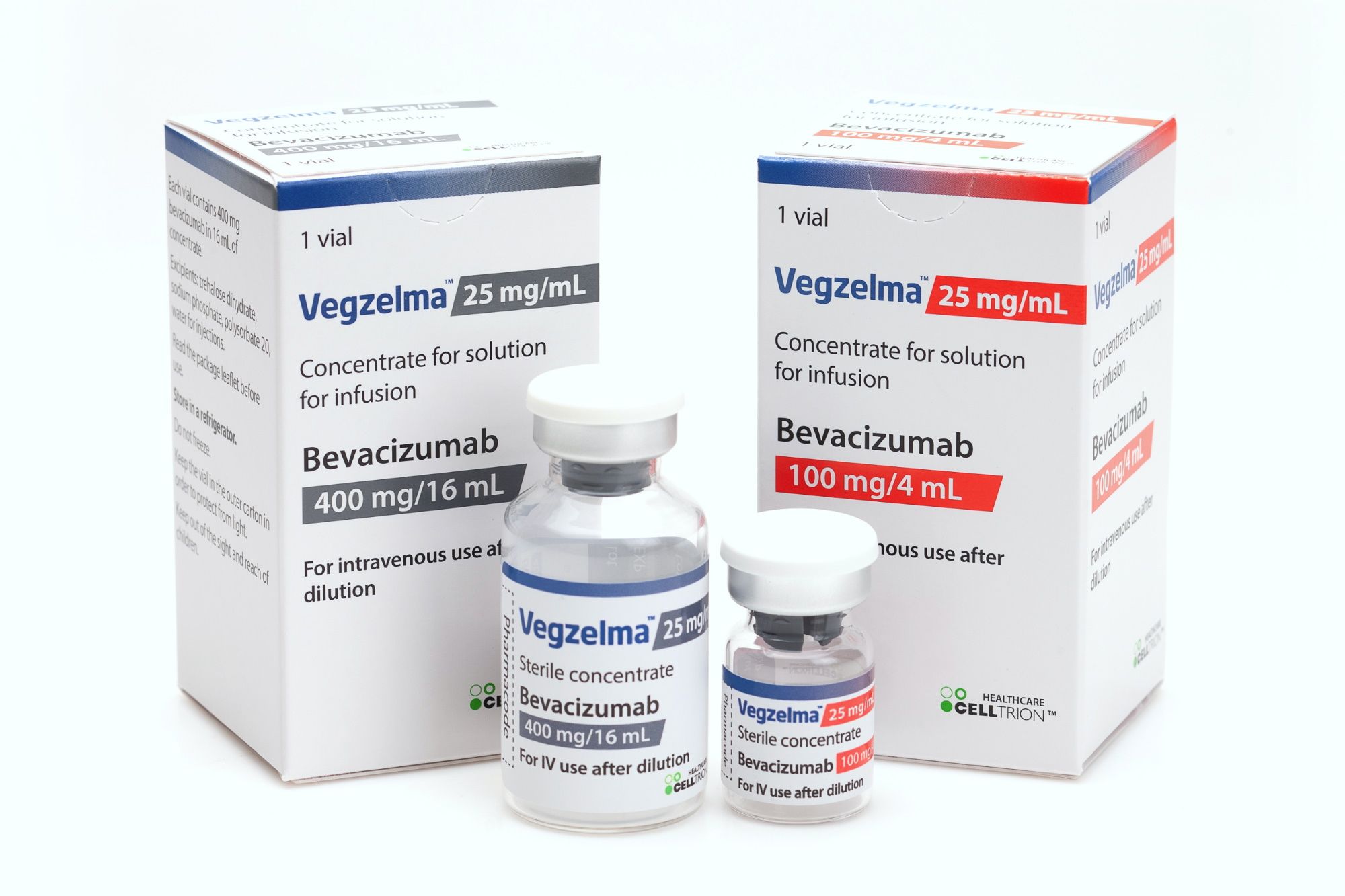- Bone Health
- Immunology
- Hematology
- Respiratory
- Dermatology
- Diabetes
- Gastroenterology
- Neurology
- Oncology
- Ophthalmology
- Rare Disease
- Rheumatology
Regulatory Updates From Around the Globe Provide Hope for Biosimilars
An approval in Australia and positive recommendations for 2 biosimilars in Europe bring hope for more affordable biologics around the world. However, another settlement for a US ustekinumab biosimilar showcases that some barriers remain.
An approval in Australia and positive recommendations for 2 biosimilars in Europe bring hope for more affordable biologics around the world. However, another settlement for a US ustekinumab biosimilar showcases that some barriers remain.
Celltrion Approval in Australia
Celltrion received approval from the Therapeutic Goods Administration, the equivalent of the FDA in Australia, for its bevacizumab biosimilar (Vegzelma), according to a report from Korea Biomedical Review.
Vegzelma is used to treat a variety of cancers and is administered intravenously.

The drug references Avastin and is indicated for metastatic colorectal cancer, non–small cell lung cancer, metastatic renal cell carcinoma, cervical cancer, epithelial ovarian cancer, fallopian tube cancer, primary peritoneal cancer, and glioblastoma.
Australia is known for having proactive biosimilar-friendly policies and encouraging the prescription of biosimilars. The new approval marks the 44th biosimilar approval for the country and the fifth approval for a bevacizumab biosimilar. Celltrion has 4 other biosimilars in Australia: Remsima (infliximab biosimilar), Herzuma (trastuzumab biosimilar), Truxima (rituximab biosimilar), and Yuflyma (adalimumab biosimilar). The company has also completed an Australian approval application for its ustekinumab candidate referencing Stelara.
Two CHMP Positive Opinions
The European Medicines Agency’s Committee for Medicinal Products for Human Use (CHMP) issued positive opinions for Biocon Biologics’ aflibercept biosimilar (Yesafili) and Sandoz’ natalizumab biosimilar (marketed as Tyruko in the United States).
If approved by the European Commission, the final step in the EU’s approval process, the aflibercept product will treat a number of ophthalmic conditions—including age-related macular degeneration, diabetic retinopathy, and macular edema—and the natalizumab product will be used in relapsing-remitting multiple sclerosis (MS) and Crohn disease.
Sandoz has been working with Polpharma Biologics, a Poland-based biosimilar developer, on the natalizumab candidate, which references Tysabri. Yesafili is a biosimilar referencing Eylea. For comparison, the United States has approved Sandoz’ product as the first MS biosimilar in the country and has yet to approve an aflibercept product.
“Access to affordable, high-quality treatments like disease-modifying therapies—which are a cornerstone in the treatment of multiple sclerosis—remains limited for many people living with this disease,” said Pierre Bourdage, chief commercial officer, Sandoz, in a company statement. Today’s positive opinion from the CHMP is a clear step in the right direction to address the burden of the disease for those living with multiple sclerosis while also delivering savings for health care systems.”
Biocon Biologics said it expects an official approval for Yesafili by the end of September and Sandoz did not disclose when it anticipates a final decision.
Another US Settlement for Stelara Biosimilar
In the United States, Johnson & Johnson (J&J), the maker of Stelara, has accepted another settlement from a biosimilar manufacturer regarding the development of an ustekinumab product—this time with Formycon and Fresenius Kabi, according to Pharmaceutical Technology.
The latest settlement follows J&J’s settlements with Alvotech and Teva Pharmaceuticals, as well as Amgen, delaying the original prediction for US launches for ustekinumab biosimilars from late 2023/early 2024 to 2025. However, while Amgen’s product will be allowed to launch in January 2025, Formycon and Fresenius Kabi will have to wait until at least April 15, 2025.
Ustekinumab products are used to treat patients with moderate to severe plaque psoriasis and psoriatic arthritis.
Newsletter
Where clinical, regulatory, and economic perspectives converge—sign up for Center for Biosimilars® emails to get expert insights on emerging treatment paradigms, biosimilar policy, and real-world outcomes that shape patient care.
